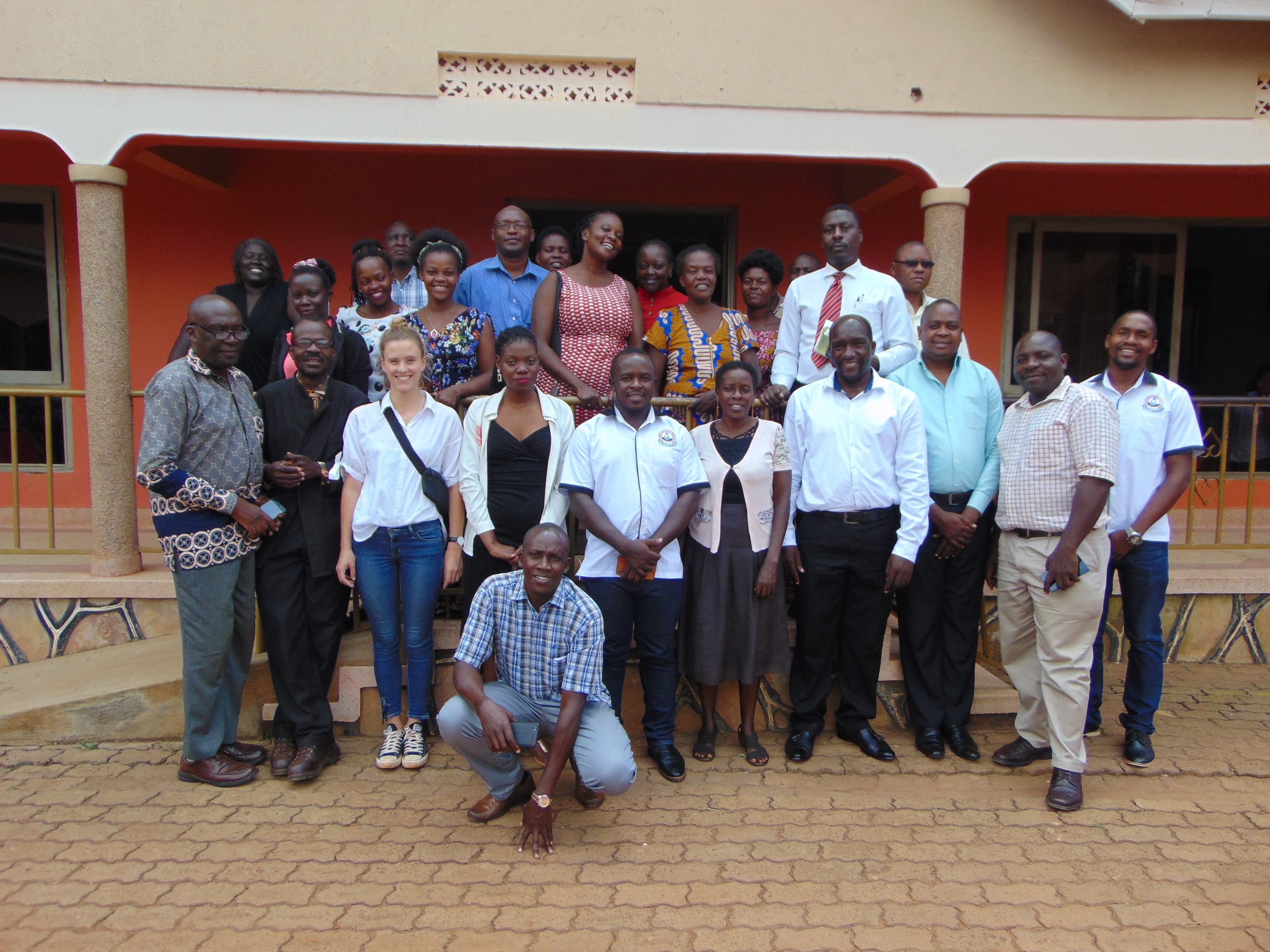On Saturday 7th March 2020, the tenth Open Data Day took place with people around the world organising over 300 events to celebrate, promote and spread the use of open data. Thanks to generous support from key funders, the Open Knowledge Foundation was able to support the running of more than 60 of these events via our mini-grants scheme.
This blogpost is a report by Robert Kibaya from the Kikandwa Rural Communities Development Organisation in Uganda who received funding from Datopian to showcase the Uganda Budget Information website and how to use it to report, track and monitor public funds.
The Uganda Budget Information website promotes transparency and accountability in the use of public funds by allowing any person to access and give feedback on national and local government budgets and performance.
This tool enables any person to access budget information of how resources are allocated and utilised down to the parish level. The tool details information on plans and performances as well as financial details. The tool allows users to provide feedback on service delivery in their local area.
Unfortunately the public is not generally aware of the existence of this tool and our workshop will sensitise people on how to use the tool.
So the main goal of our Open Data Day event was to sensitise the participants about the existence of the Uganda Budget Information website and how to use it to report, track and monitor public funds.
Our workshop took place on 11th March 2020 at Jobiah Hotel in Mukono Municipality and it was attended by 22 selected participants from Civil Society Organizations (CSOs) operating in Mukono District.
Before introducing the participants to the Budget Monitoring Tool, I lead a session on the basics of the budget process highlighting the threemost significant stages:
- The Budget Framework,
- The Draft Budget and
- The Approved Budget.
The participants were introduced to the Uganda Budget Information website and instructed to select their respective Local Governments and view all their publications to examine available budget and expenditure data.
After receiving the training, participants pledged to sensitise others and provide basic training on how to access information from the Budget Information website.









